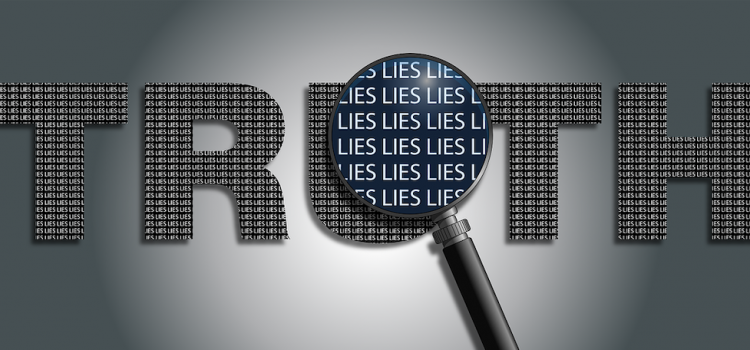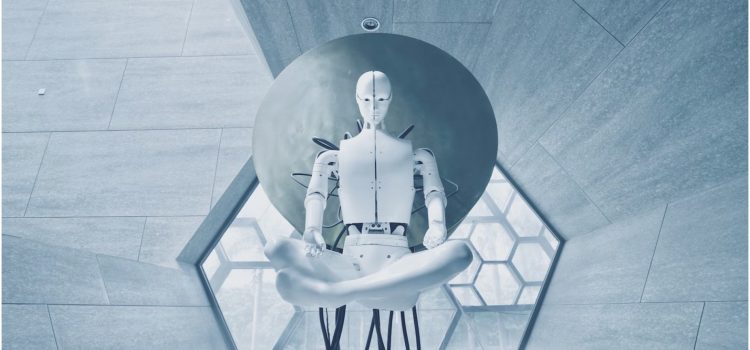What did Jordan Belfort do to become a financial criminal? What type of financial crimes did he commit? Though Belfort did many things that were against the law, it was his financial crimes that both enriched him and eventually sent him to prison. So many of Belfort’s business dealings were against federal and state regulations because he invented schemes to hide his transactions from regulatory institutions. Let’s look at the principles upon which Belfort’s firm, Stratton Oakmont, was founded and the crimes he committed under its name.
What Did Jordan Belfort Do to End Up in Prison?










